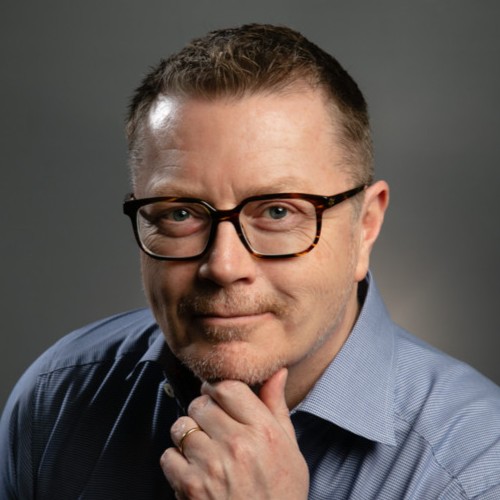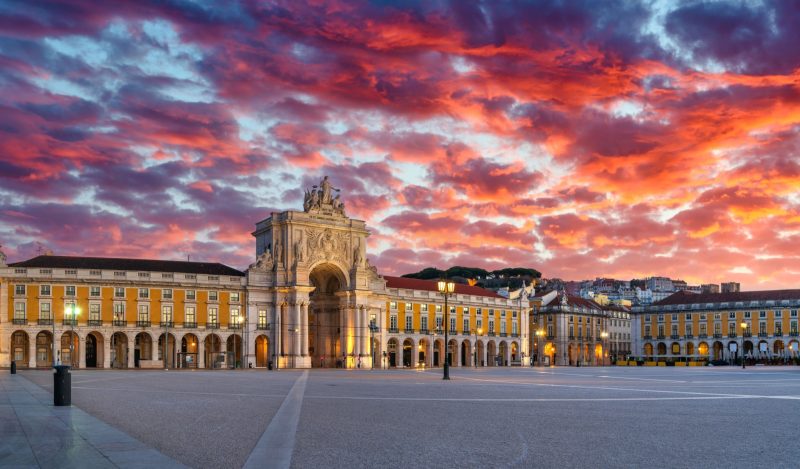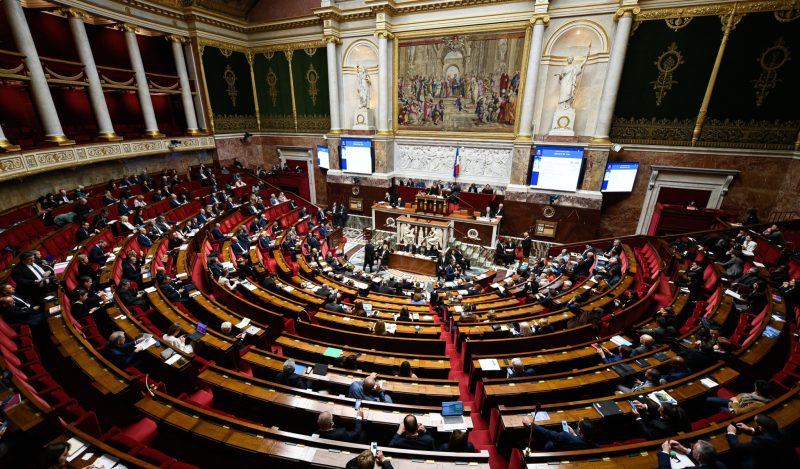“If I said openly what I’m saying to you now, I would be fired from my job right away,” a friend of mine, a young consultant at a major firm, recently said. And the topic we were discussing wasn’t even related to his job. But he and his colleagues are not expected to participate in public discussion.
This rule is almost universal. Consultants, lawyers, doctors, specialists in any field, working at companies or institutions, or even just independently, are simply not allowed to express their own opinions in the public domain. Those who break this rule do not hold onto their jobs or their clients for long.
The people who enter those professions are usually among the best educated and most intelligent, people whose participation in public discussion and debate would doubtless be very valuable. But their voices are not allowed to be heard. The experts are silenced.
Kant and the reinforcing loop of immaturity
Freeing ourselves from the chains of immaturity is the essence of the Enlightenment, German philosopher Immanuel Kant said in 1784, in his famous essay “An Answer to the Question: What is Enlightenment?” According to Kant, freedom of speech is a prerequisite for the Enlightenment, but still far from enough; it is also necessary to overcome people’s inherent fear of using their own reason.
Kant attributes this condition to laziness and cowardice, which have driven the public to rely on others to think for them. It is their “guardians” who frighten people away from attempting to think independently. He continues: “Thus, it is difficult for any individual man to work himself out of the immaturity that has all but become his nature. He has even become fond of this state and for the time being is actually incapable of using his own understanding, for no one has ever allowed him to attempt it.”
The guardians Kant speaks of are not so much politicians, kings, or queens, but officials and experts; lieutenants, tax collectors, priests, and doctors. According to Kant, the experts maintain the immaturity of the public by instilling in them the fear of independent thinking. What then perpetuates the problem is the experts’ own immaturity, and this immaturity is again maintained by the public.
Kant describes how there are individuals, even among the experts, who think independently, but are forced under the yoke of immaturity: “But it should be particularly noted that if a public that was first placed in this yoke by the guardians is suitably aroused by some of those who are altogether incapable of enlightenment, it may force the guardians themselves to remain under the yoke.” This is a negative reinforcing loop: The experts attempt to prevent the public from thinking independently; instead, they should obey their guidance. The public avoids independent thinking and demands guidance. The result is that the experts have no other recourse but to adhere to dogmatic consensus, as the public now allows them no deviation.
“Self-imposed chains / are the strongest of chains”
It is now almost 240 years since Kant published his answer to the question, what is Enlightenment. The Enlightenment movement had been fast gaining a foothold in the West. It certainly had an impact and freed scientists and scholars from the constraints of outdated and dogmatic doctrines. The freedom to think and express oneself became a fundamental right. Kant’s description of the state of affairs that the Enlightenment opposed undeniably resembles the current situation, but the worrying difference is that we are now moving backwards, contrary to the progress made in the 18th century.
Dogmatic views are gaining an ever stronger foothold, freedom of expression is being increasingly restricted by legislation, and not least under the governments that claim to be the most liberal, those who criticize the dogmas and call for open discourse are censored and canceled.
Universities have turned against their very purpose; instead of being safe havens for free discourse, they have become safe spaces for those who oppose the freedom of thought. The statement often attributed to Voltaire, “I disapprove of what you say, but I will defend to the death your right to say it,” is now ridiculed. In its place we have the credo of the 21st century: “If your opinion contradicts mine, it is hate speech, and I will have you jailed.”
We are ever more firmly trapped in the chains of immaturity. And those chains are invisible to most. They resemble the chain Gleipnir, which according to Norse mythology was the only one that could restrain Fenris-Wolf, a creature threatening the gods and the very existence of the world. This chain was invisible, just like the emperor’s new clothes, and woven from absurdities; “the trample of the cat, the beard of the woman, the roots of the mountain, the sinews of the bear, the breath of the fish, and the spittle of the bird.”
Some say the very word “Gleipnir” in fact means “the open one.” Perhaps its absurd nature rings a few bells when we contemplate the characteristics of the discourse on some of the main issues of the day? And the restraint is self-imposed. “Self-imposed chains / are the strongest of chains,” Icelandic poet Sigfús Daðason wrote in 1959, “…the neck that willingly bows under the yoke / was the one most securely bent.”
The call for consensus is a call for stagnation
The key to the Enlightenment lies in acknowledging the fundamental distinction between expression in the public domain and in the private domain, and respecting the unhindered freedom of the use of reason in the public domain, Kant says: “By the public use of one’s own reason I understand the use that anyone as a scholar makes of reason before the entire literate world … I call the private use of reason that which a person may make in a civic post or office that has been entrusted to him.”
The priest certainly has to adhere to the doctrines, the “symbol,” of the church in the pulpit: “But as a scholar he has complete freedom, indeed even the calling, to impart to the public all of his carefully considered and well-intentioned thoughts concerning mistaken aspects of that symbol …” And to Kant, the experts’ full and unrestricted freedom of expression in the public domain is a necessary condition for the Enlightenment; it is the only way to break the reinforcing loop described earlier, break the chains of immaturity that not only restrain them, but the entire population.
When we look at the censorship, cancellations, and hate speech directed against those who, during the past three years, have doubted the absurd dogmas of the Covidians, we clearly see the loop Kant describes; how the experts impose certain views on the public, which accepts them without question. And the root of this is what Kant explained so clearly: We demand direction, and therefore consensus, from the experts. But by doing so, we demand stagnation, because without debate there can be no progress; science can never be based on consensus, instead its very essence is disagreement, rational dialogue, constant doubt about the prevailing paradigm, and attempts at changing it. We see this development in many fields, and it is certain that increased restrictions on freedom of expression in the name of fighting “hate speech” and “misinformation” will only further strengthen this dangerous loop; the checks and balances provided by the principle of free speech are slowly but surely being eroded.
The public domain, or the private; this is what makes all the difference
It is now almost 240 years since Immanuel Kant emphasized the vital importance of distinguishing between the public and the private use of reason, and how the experts’ full and unrestricted freedom of expression in the public domain is the only way to break the reinforcing loop of immaturity. His words surely had an impact back then.
But today, regardless, the bulk of our brightest and best educated people are excluded from participating in public discourse. The few who refuse are attacked and canceled, often even stripped of their means of living. Courage and independent thinking are punished, while cowardice and servility are generously rewarded. In the eyes of our governors, free expression is a deadly threat; just like the Fenris-Wolf it must be enchained by an invisible spell woven from absurdities. And we willingly bow, accepting the yoke.
The experts have certainly betrayed us during the Covid years, not for the first time and surely not for the last, and as Thomas Harrington points out, the treason of the experts has had devastating consequences. They wilfully ignored the foreseeable and unprecedented harms caused by the lockdowns, they knowingly exaggerated the threat from the virus, they have done, and still do their best to cover up the harms from the vaccination campaigns.
They have much to answer for. But we must understand that those experts are not all experts. For while the outspoken ones openly went along with the official narrative, which they took an active part in creating and nurturing, many others in their class silently doubted it. But faced with the threat of ridicule, of losing their careers and their livelihoods, they stayed silent. They were silenced.
As Kant explained in 1784, the silencing of the experts drives the loop of immaturity, preventing enlightenment. We must therefore ask ourselves, what if this spell was broken? How much closer would we be to an enlightened society? How safely would we be removed from entangling ourselves in those invisible chains, preventing us from living a full life, as truly autonomous and enlightened individuals?
How we can go about breaking that spell is perhaps the most urgent question of our times.
Published under a Creative Commons Attribution 4.0 International License
For reprints, please set the canonical link back to the original Brownstone Institute Article and Author.









